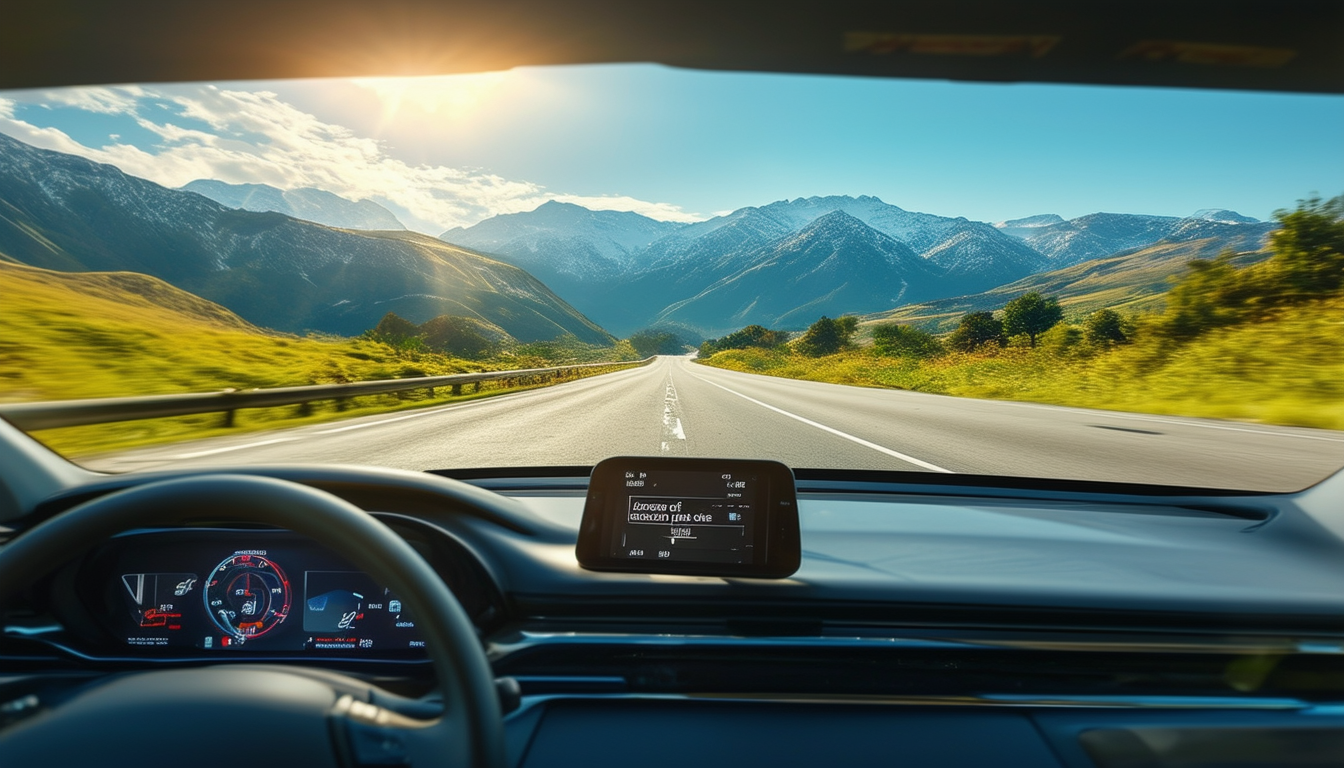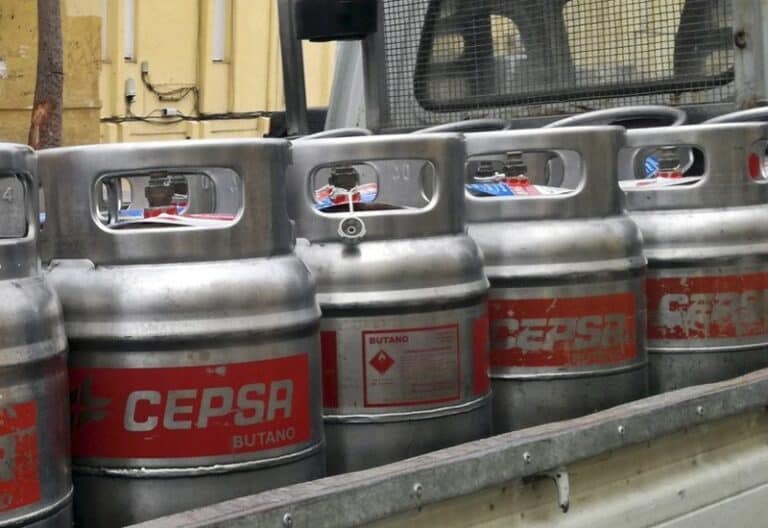Kilometraje: secrets you didn’t know about your car’s fuel consumption

The mileage of a car is one of the most important aspects that every driver should know. However, many are unaware of the secrets regarding fuel consumption that can make a significant difference in their daily expenses. From how to accurately calculate how much gasoline you consume to the factors that influence this consumption, there is a world of details that can help you optimize your driving experience and save money. In this article, we reveal those secrets that will allow you to understand and improve the performance of your vehicle.
Fuel consumption is a crucial aspect for any driver. Knowing how much your car consumes will not only help you save money but also drive more efficiently and in a more environmentally friendly way. Through this article, you will discover secrets about your vehicle’s consumption, methods to calculate it, and tips to optimize your mileage.
Understanding Fuel Consumption
The fuel consumption of a gasoline vehicle varies between 5 and 10 liters for every 100 kilometers traveled. This variability depends on multiple factors such as engine size, driving style, and road conditions. For a compact car, the average consumption is about 5 to 7 liters per 100 km, which translates to around 0.05-0.07 l/km.
Calculating Fuel Consumption
To calculate your car’s consumption, it is essential to know the kilometers driven and the amount of gasoline used. A simple method is to fill up the fuel tank completely, note the mileage, and when filling up again, record the data once more. The formula is simple: LITERS CONSUMED / KILOMETERS DRIVEN.
Factors Affecting Car Consumption
Various factors directly influence fuel consumption. The way you drive, the maintenance of your vehicle, and even the tire pressure can significantly alter how much gasoline your car consumes. Maintaining a steady speed, turning off the engine in prolonged traffic jams, and ensuring the air filter is in good condition are practices that can help you save fuel.
Driving Conditions
Driving in the city generally consumes more fuel due to frequent starts and stops. In contrast, on the highway, you can maintain a constant speed, which reduces consumption. Those who drive within speed limits and avoid rapid accelerations and sudden braking will likely notice an improvement in their fuel performance.
Necessary Maintenance
Maintaining your car is crucial. A well-tuned and maintained engine, with quality oil, performs better and consumes less fuel. Changing the air filter regularly and checking tire pressure are also practices that help keep consumption at optimal levels.
Tips for Saving Fuel
There are various tricks you can follow to maximize your economy on the road. Efficient driving can ensure you a 10% savings. Some recommendations include turning off the engine during long stops, avoiding excess load in the vehicle, and using air conditioning moderately.
Additionally, planning your trips and using navigation apps can help you find more direct and less congested routes, which will also help you reduce fuel consumption.
As an example, some drivers claim that, with proper techniques, it is possible to travel up to 100 kilometers for just 3 euros. These techniques include the so-called “coasting” and taking advantage of downhill stretches to save fuel.
The Battle for Supremacy on the Roads
The eternal dichotomy between cars and motorcycles also influences consumption. While motorcycles are known for their low consumption, cars offer comforts that many are not willing to sacrifice. Being informed about the characteristics and advantages of each can help you make more informed decisions about how to move efficiently.
Hidden Secrets of Motorcycles
Motorcycles also have their own secrets regarding consumption and performance. Knowing them will allow you to make the most of these vehicles in urban and rural contexts.
Common Mistakes when Calculating Consumption
It is crucial to avoid mistakes when calculating consumption, such as not accounting for all the gasoline refueled or not correctly recording the kilometers driven. These mistakes can lead to incorrect figures that give you a false sense of economy or excessive spending.
Safety First
Not only is fuel consumption important. The safety of your trip should also be a priority. Choosing the right helmet and ensuring it is properly certified is essential for motorcyclists.
Conclusion: Secrets You Didn’t Know about Your Car’s Consumption
The *mileage* and *fuel consumption* are fundamental aspects to consider for any driver wishing to optimize their expenses. Knowing the exact amount of liters your gasoline car consumes per 100 kilometers allows you to make crucial adjustments in driving habits, ensuring not only economic savings but also a lower carbon footprint.
A gasoline car can consume between 5 and 10 liters for every 100 kilometers. This variation depends on multiple factors, such as the type of vehicle, road conditions, and, very importantly, driving style. Aggressive driving with abrupt starts and stops significantly increases fuel consumption. In contrast, smooth driving and maintaining a steady speed can considerably reduce this consumption.
To calculate the consumption of your car accurately, it is essential to keep a detailed record of the kilometers traveled and the amount of fuel used. By dividing the liters consumed by the kilometers driven, you will obtain a figure that will allow you to efficiently track your consumption. This practice can help you identify patterns and specific moments when your vehicle may be consuming more than necessary.
Regular vehicle maintenance is another crucial secret to optimizing consumption. Factors such as proper tire pressure, timely oil and filter changes, and checking the ignition system can directly influence fuel performance. A well-maintained car is not only more efficient but also has a longer lifespan.
Additionally, knowing the times of day and conditions in which your car uses more fuel will allow you to better plan your trips. Avoiding heavy traffic and using more direct routes can make a significant difference in fuel consumption.
In conclusion, being aware of your car’s consumption and the factors that affect it is not only an economical practice but also an important contribution to environmental care. By applying these secrets and tips, you can enjoy a more efficient and sustainable driving experience.



